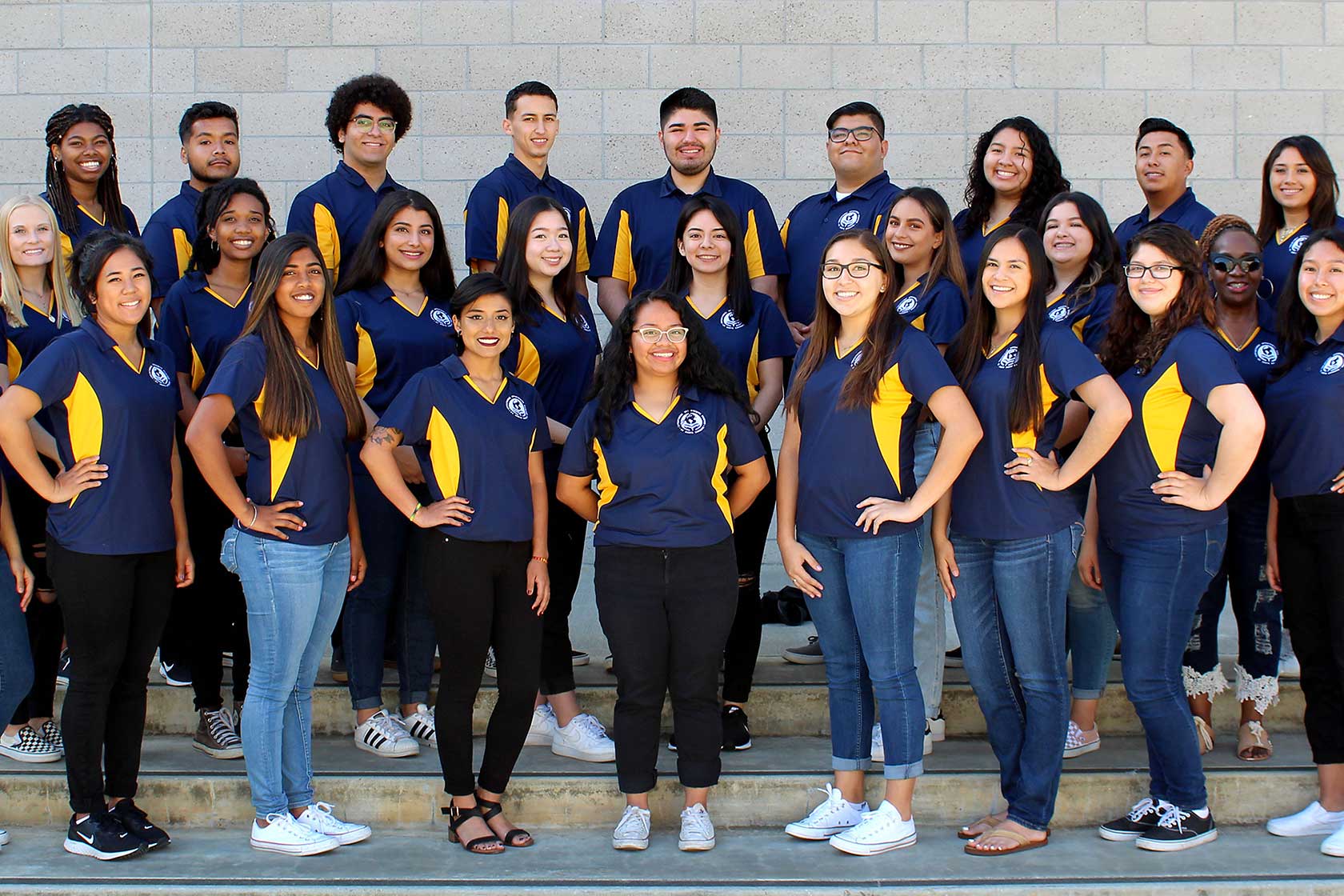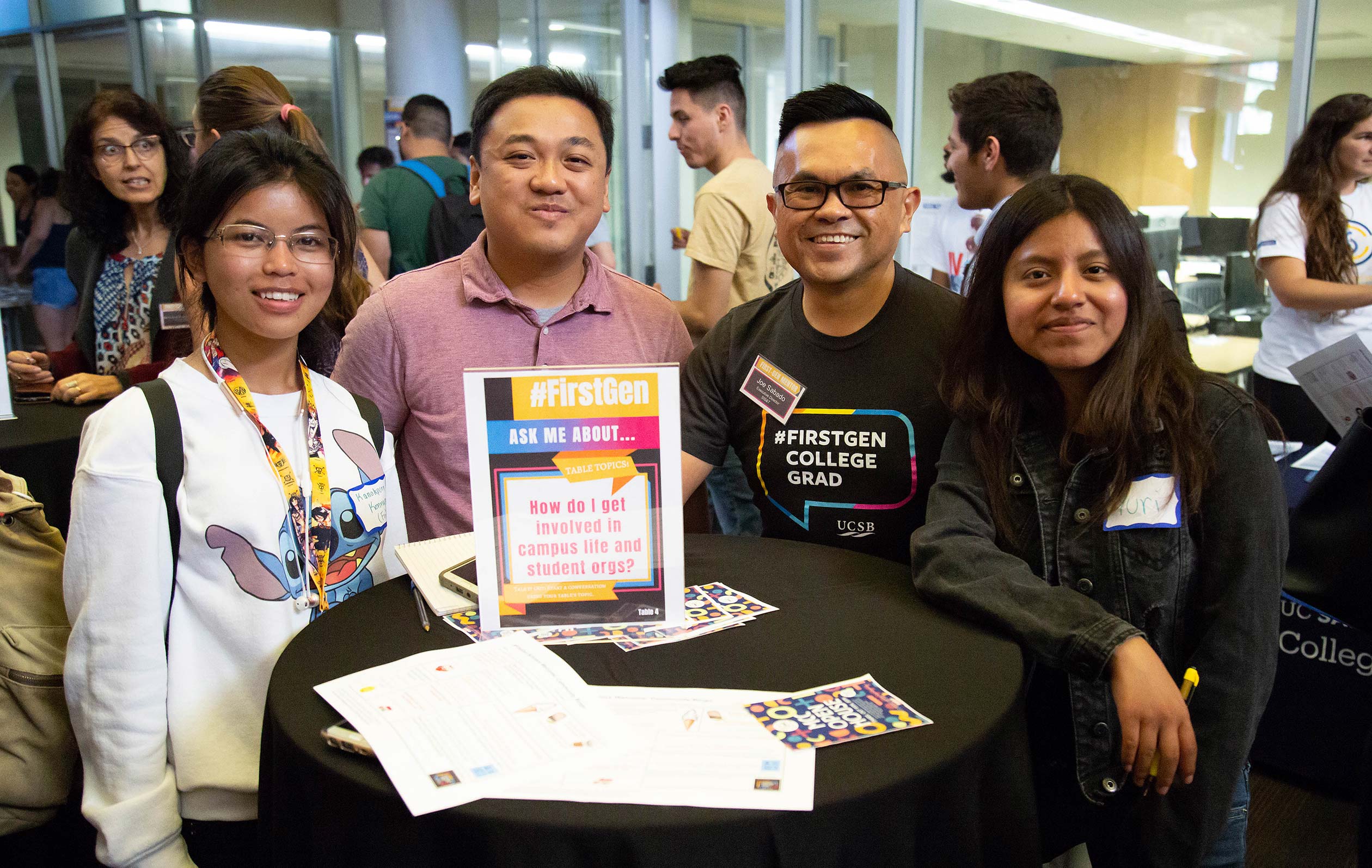Resources to Support First-Gen and Other Identities
- Campus Advocacy, Resources, & Education
- Counseling & Psychological Services
- Food Security and Basic Needs
- Health & Wellness
- MultiCultural Center
- Non-Traditional Student Resource Center
- Office of Black Student Development
- Office of Financial Aid and Scholarships - Check out ScholarshipUniverse!
- Resource Center for Sexual & Gender Diversity
- Social Work Services
- Transfer Student Center
- Undocumented Student Services
- Veterans Resource Center
- Women's Center
Courses to Help You Understand the Research University
Navigating a big research university can be overwhelming. These courses are relevant to the first-gen college student experience. They are designed to help you thrive at UCSB by introducing you to faculty, academics, student life, and research.
- Interdisciplinary 20 (INT 20)
- Interdisciplinary 95 Series (INT 95)
- Education 20: Introduction to the University Experience (ED 20)
- Education 118 for Transfer Students (ED 118)
- Education 117M for Transfer Students (ED117M - Summer only)
Academic Support
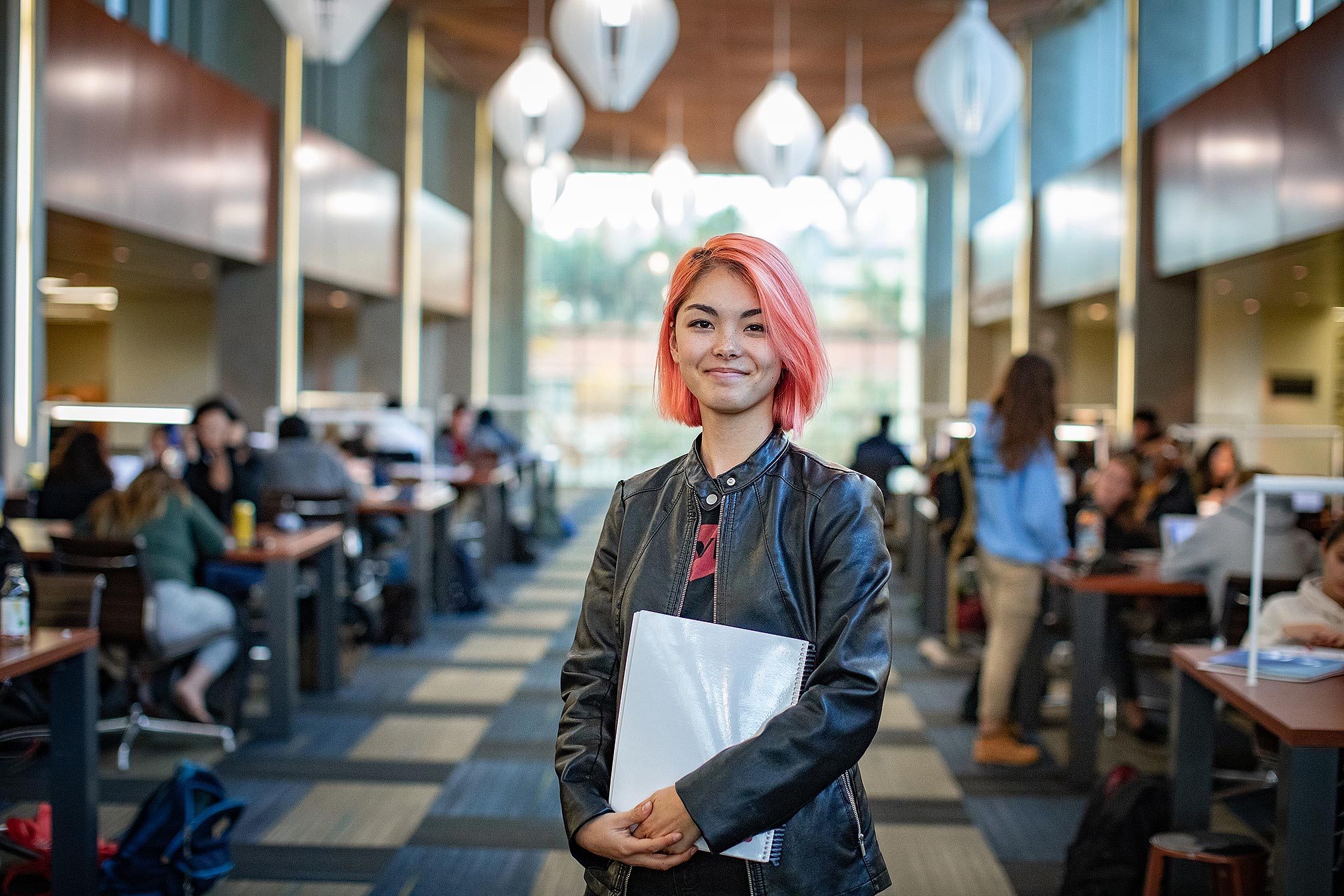
You can also find Library partners such as the Transfer Student Center and the Undergraduate Research & Creative Activities office on the first floor of the UCSB Library!
UCSB Library
The UCSB Library is here to help you as a focused undergraduate in your various journeys to academic success and exploration. We have numerous resources and services that will bring you to your every evolving research goals.
Some of the services that you may have heard about are things like Course Reserves, Research Consultations(various forms), Loaning Privileges, Discovery, a dedicated Library website, and student employment.
Course Reserves is a short term loaning system to borrow texts that are required for your classes. This is a joint effort between your instructors and the Library to bring a more affordable and fair version of your materials to each student. Most books on Reserves are loanable for 2 hours at a time; this allows you to get some studying done in between classes, scan the required reading for the week onto your device or cloud based drive, or even just bring the book with you to class if you left it at home. If your particular resource isn't on our Reserves list, please reach out to your instructor and ask them to put it on Reserve! Many professors will mention on their syllabi whether the class textbook is on Course Reserves, so keep a lookout for that as well!
Research Consultations are provided both in person and virtually over Zoom; these can be scheduled with individual subject specialist librarians who have been working with your faculty and instructors to help you produce excellent undergraduate research. Some other forms of Reference help can be found in our ASK tools of a form email that will be answered by a librarian at 9am the following day, or by our subscribed Chat service which allows you to DM a librarian from wherever you are for help on a whole range of academic skills (searching our catalogue,modifying search terms databases, or even evaluating sources that you have already found). These tools are specifically designed to connect you quickly with our Reference team so you don't have to wait for the right time to ask for help or come into the library to find help.
Loaning privileges for undergraduate students have some small variability, between length of time that one may have a book checked out and the number of books that one may check out… There is not however any selection of materials that are accessible to some but not all students at UCSB. Some materials are not in open stacks but they can be requested through our catalog once you are logged in. Mostly, undergrads can check out 50 different books at one time, and these loans mostly last for 3 weeks at a time with the capacity to extend the loan if no one has requested that same item. Just like one can request books from closed stacks, one can request a book that is currently checked out to another user. Both of these functions work on a first come first served basis.
Discovery is the term we use to describe how you will find any number and type of materials in your researching endeavors. Everyone can search freely in our online catalog and view the records of books and items we have locally. Everyone can also begin their search in the Lib/Research guides (this page in fact is a form of a LibGuide tailored to 1G students); these guides are curated specifically by librarians for different topics, courses, and departments like History, your Geography 100 class, or First Generation students. Next, our Library subscribes to a large number of online databases that house articles, studies, and Ebooks even. Generally, databases work just like our catalog and allow users to combine search terms like “Sea turtles” and “Galapagos Islands” to find academic and non-academic sources for your research.
Library of Congress or LOC system is the governing set of organization rules for the materials we hold at UCSB Library. This LOC system is generally the same for all Colleges and Universities in the US. What you specifically need to know is how to read a “Call Number” - this is the code-like series of numbers and letters that help you locate physically a book in our collections. What you don't need to know is exactly what each number or letter means in the total organization system of academic topics. Items in this system are held near similar items.Our example above of Sea Turtles and Galapagos Islands should lead us to be looking for books in one row and section of books specifically. We have maps throughout our building and in physical handouts that will facilitate finding books on the shelves.
Research Opportunities
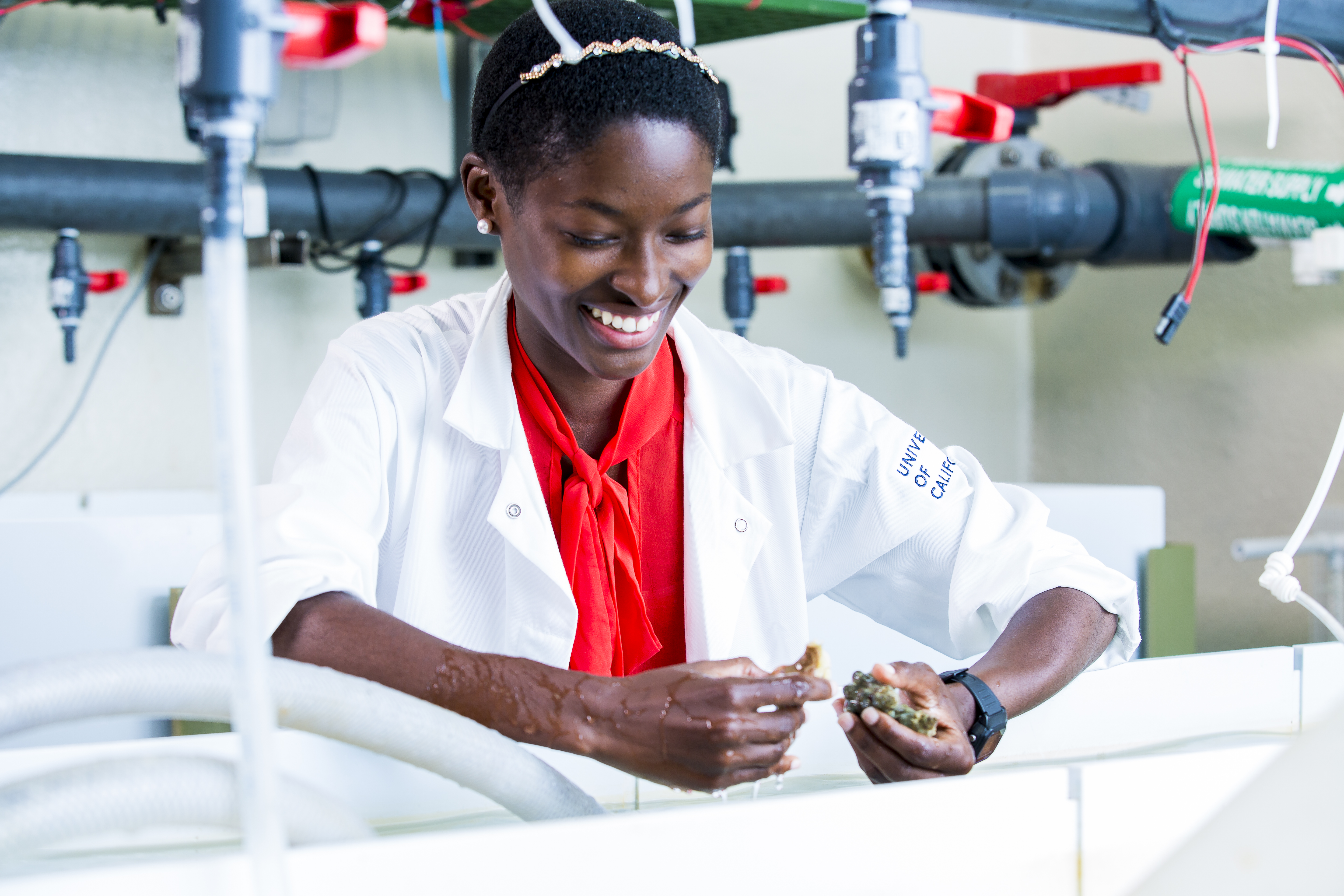
- Faculty Research Assistance Program (FRAP) - Start here if you're looking to assist a professor with their research projects.
- Undergraduate Research & Creative Activities (URCA) - Look into these grants if you are ready to develop your own research project.
- URCA Grant
- TSRA Grant
- Center for Science and Engineering Partnerships - For students interested in STEM fields
- Field-based Undergraduate Engagement through Research, Teaching, and Education (FUERTE) Program - For students interested in conservation science and marine biology.
- Raab Writing Fellows Program - For students interested in writing
Mentorship Opportunities
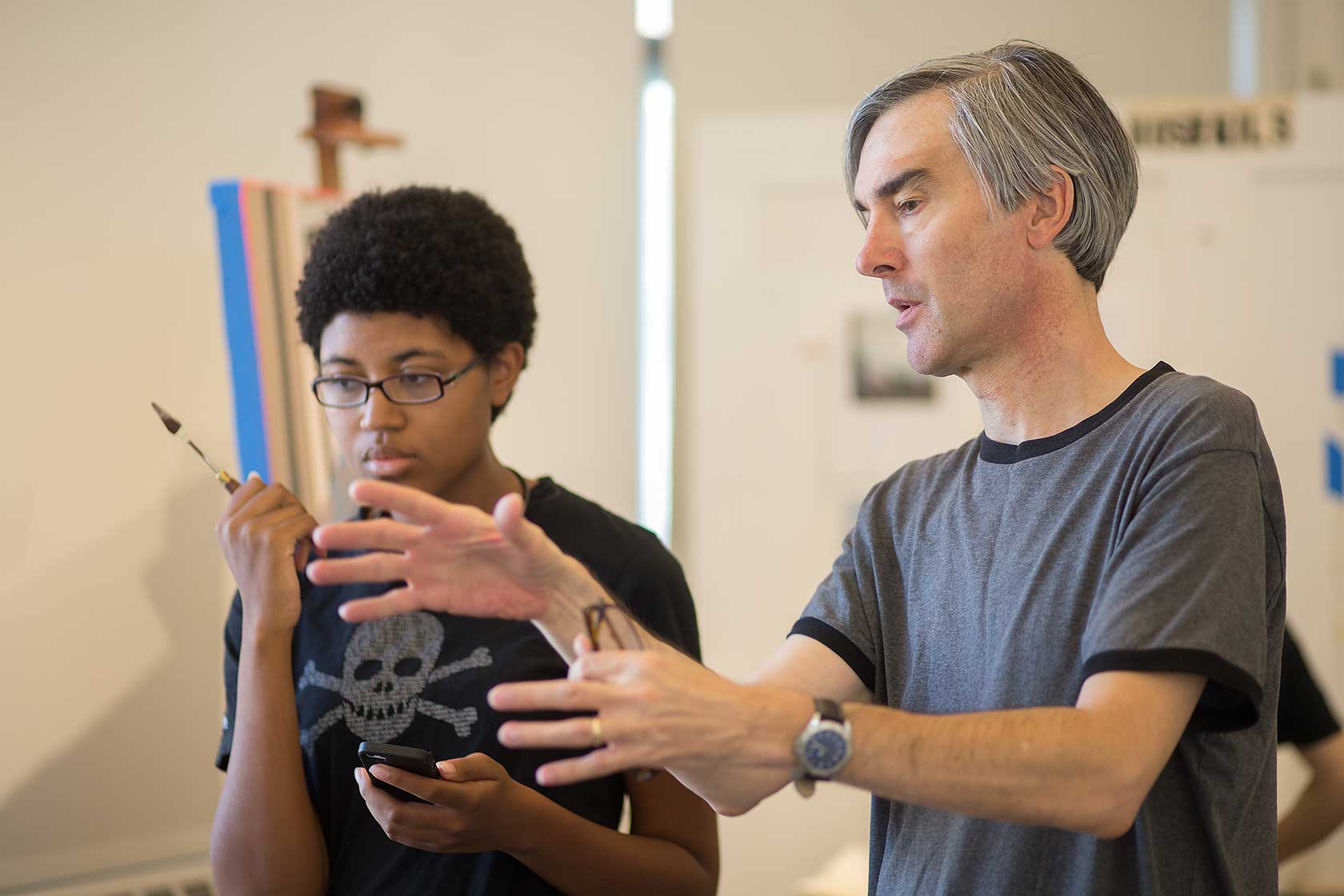
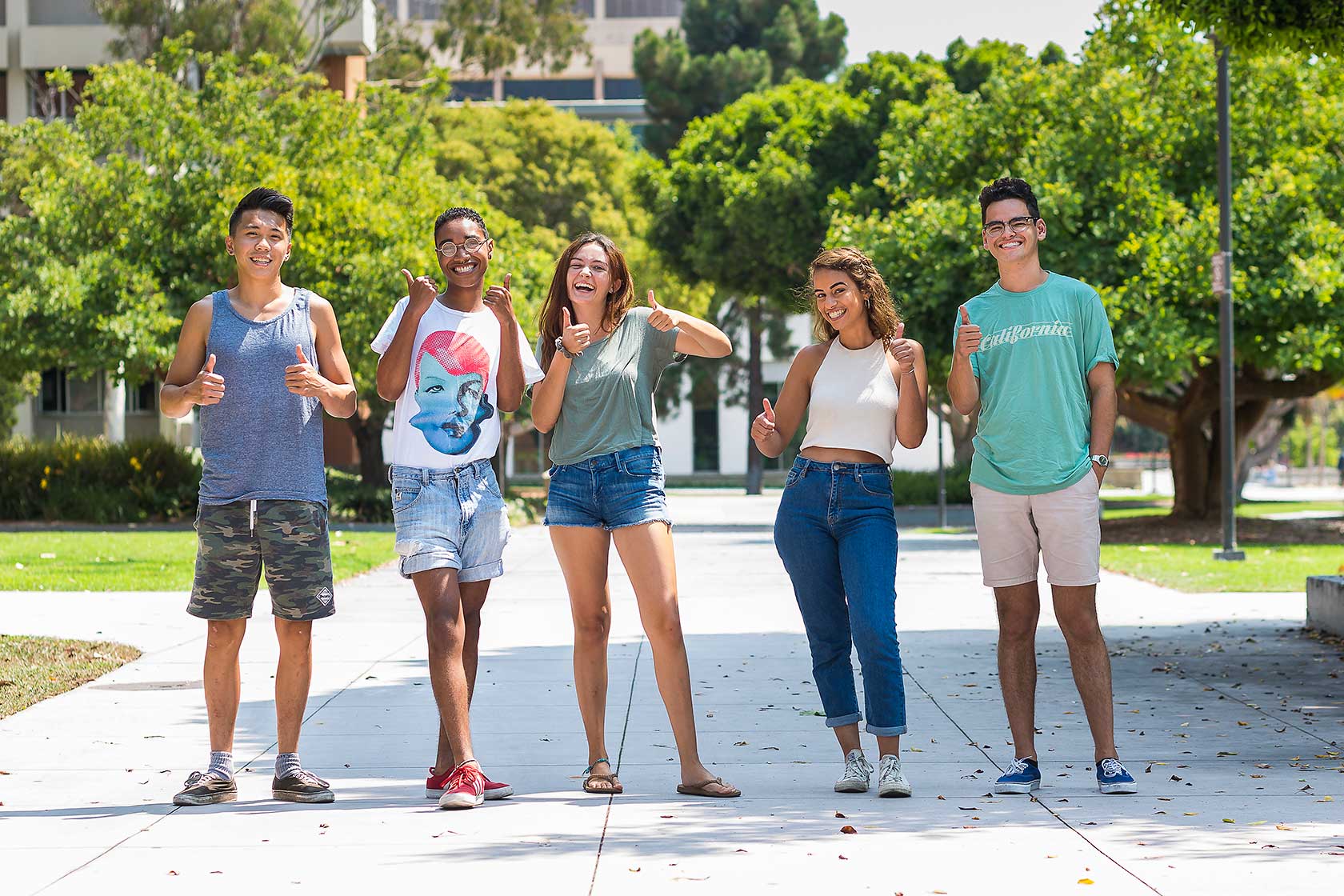
Building Community
Shoreline
- Get connected to the larger UCSB community! Find events, student organizations, and more.
Spaces
- EOP Cultural Resource Centers
- African Diasporic Resource Center
- American Indian Resource Center
- Asian Resource Center
- Chicanx/Latinx Resource Center
- Middle Eastern Resource Center
- El Centro
Programs
- Coffee & Community - Transfer Student Center & Educational Opportunity Program
- Real Talk - ONDAS Student Center & Educational Opportunity Program
CAPS (Counseling & Psychological Services) Group Counseling
- Community Groups - Identity-specific groups offer individuals with shared visible and invisible or hidden identities a space to process current issues, provide support to one another, and build community.
Celebrations
- #FirstGen Scholars Welcome (September)
- First-Gen Fall Social (November)
- EOP Celebracion de La Family and Black Family Weekend (November)
- EOP Asian Pacific Islander Graduation Dinner
- Chicanx/Latinx Graduation
- Black Grad
- Transfer Graduation
- Lavender Grad
Navigating UCSB
Learn more about the different parts of UCSB through these videos from the Center for Innovative Teaching, Research, and Learning (CITRAL) and the College of Letters & Science Academic Advising.
UCSB celebrates YOU, as trailblazers, and is committed to help you thrive academically, socially, and professionally. This page provides information and resources specific to first-generation college students at UCSB.
